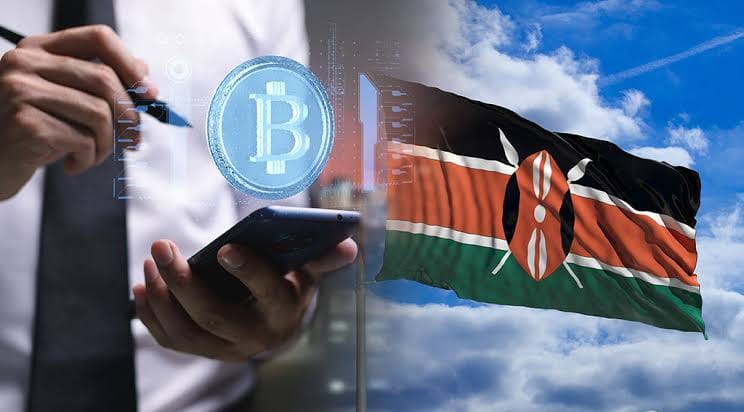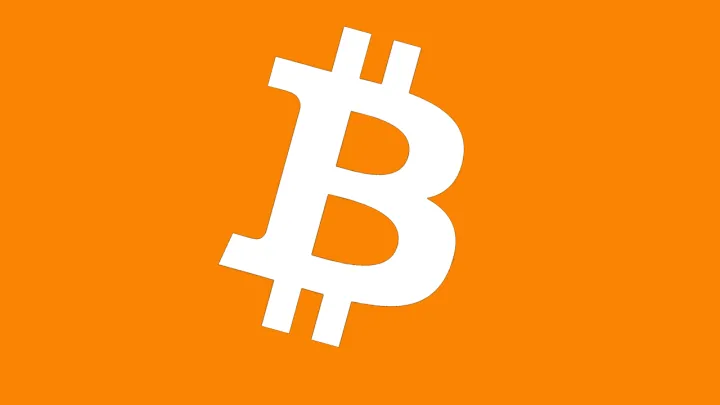Kenya Progresses Toward Comprehensive Crypto Regulatory Framework

Kenya is making a significant move towards establishing itself as a top digital economy in Africa with the launch of the Virtual Asset Service Providers (VASP) Bill, 2025. As one of the continent's most active players in the crypto space, Kenya has been navigating without a solid legal framework for digital assets for quite some time. Now, lawmakers are stepping up to create a system for licensing, oversight, and consumer protection for virtual asset service providers.
This article delves into the main features of the VASP Bill, its potential impact on crypto innovation, how it aligns with global regulatory trends, and the opportunities it opens up for creators within the Mitosis ecosystem.
Why Kenya’s Crypto Regulation Matters
Over the last ten years, Kenya has really emerged as a hub for digital innovation. With mobile money services like M-Pesa and a growing interest in cryptocurrencies, the country boasts a dynamic fintech scene. However, this rapid growth has unfolded in a bit of a legal gray area. Without clear regulations, consumers are left vulnerable to scams, money laundering risks linger, and startups face uncertainty regarding the rules they need to follow.
To tackle these challenges, the VASP Bill was introduced in Kenya’s National Assembly in April 2025.
This legislation aims to:
- License and oversee virtual asset service providers (VASPs)
- Implement Anti-Money Laundering (AML) and Countering the Financing of Terrorism (CFT) regulations
- Safeguard consumers and the integrity of the financial system
- Bring Kenya in line with international crypto standards, such as the FATF Travel Rule and the EU’s MiCA regulation.
Overview of the VASP Bill, 2025
Licensing of Service Providers
Under this new bill, all Virtual Asset Service Providers (VASPs) operating in Kenya—like exchanges, wallet providers, custodians, and brokers—are required to get licenses from either the Central Bank of Kenya (CBK) or the Capital Markets Authority (CMA), depending on what they do. To be eligible for a license, these providers need to meet a few key criteria, including:
- Minimum capital and financial stability requirements
- Strong risk management and internal control systems
- A clear ownership structure
- Solid cybersecurity measures and user protection policies
This initiative is all about boosting trust in the crypto ecosystem and ensuring a fair playing field for businesses that play by the rules.
Consumer Protection and AML Compliance
The bill places a strong emphasis on Anti-Money Laundering (AML) and Know Your Customer (KYC) responsibilities. All VASPs are required to:
- Verify users' identities before offering services
- Report any suspicious transactions to the authorities
- Keep user records and undergo regular audits.
These measures are designed to align with Kenya’s commitment to the international standards set by the Financial Action Task Force (FATF) and to help close regulatory gaps that bad actors often exploit. For more details, check out our glossary term on Anti-Money Laundering (AML).
Ban on Anonymity Tools
The bill also clearly prohibits services that enable anonymous crypto transactions, such as mixers and tumblers, as well as wallets that don’t require user identification. This move puts Kenya in line with a growing number of regions that are tightening the screws on anonymity-enhancing tools that can be used for money laundering and financing terrorism.
Implications for Kenya’s Crypto Ecosystem
Boost to Innovation and Legitimacy
The VASP Bill is a game changer for Kenya, providing the regulatory clarity that encourages legitimate projects to thrive right here. Startups diving into DeFi (Decentralized Finance), NFTs, and tokenization now have a solid legal framework to guide them, which cuts down on uncertainty and boosts the chances for investment and growth.
With consumer protections and audit standards in place, everyday users will feel more secure when interacting with digital asset platforms—setting the stage for wider adoption.
If you want to dive deeper into DeFi and its impact on the new digital economy, check out our resources! DeFi glossary entry.
Opportunities in DeFi and Tokenization
While the bill aims to centralize compliance, it still allows for some innovation in permissioned DeFi spaces. Take DeFi lending platforms, for instance; they can incorporate on-chain KYC tools to ensure they meet compliance standards while still providing decentralized services.
Additionally, platforms that handle Non-Fungible Tokens (NFTs) need to adhere to AML regulations if they facilitate value transfers. This opens up a great opportunity for NFT marketplaces in Kenya to create secure and regulatory-compliant infrastructures.
For developers within the Mitosis Core ecosystem, this is a golden opportunity to establish infrastructure for token issuance, identity management, and transaction reporting—all while staying in line with the new legal framework.
Regional and International Impact
Kenya’s regulatory changes could set a precedent for other African nations. Its well-rounded approach—striking a balance between user protection and market growth—might inspire countries like Nigeria, Ghana, and South Africa as they fine-tune their digital asset strategies. Furthermore, by aligning with global standards such as the EU’s Markets in Crypto-Assets (MiCA) regulation and the OECD Crypto-Asset Reporting Framework, Kenya is gearing up to become a key player in the international digital finance landscape.
Global Regulatory Alignment
MiCA and FATF Comparisons
The EU’s MiCA framework lays out licensing and disclosure requirements for the crypto-asset sector. Interestingly, Kenya’s proposed bill reflects these goals, particularly in areas like protecting investors, ensuring AML compliance, and prohibiting anonymous tools.
On a similar note, Kenya is also embracing the Travel Rule from the FATF, which mandates that crypto service providers share sender and recipient information during transactions. This alignment is crucial as it paves the way for Kenyan Virtual Asset Service Providers (VASPs) to operate internationally with regulatory harmony.
OECD Reporting and Tax Compliance
The bill introduces record-keeping and tax-reporting measures that resonate with the OECD’s Crypto-Asset Reporting Framework (CARF). VASPs will need to report asset flows and client information for tax and regulatory purposes, which opens up fresh avenues for RegTech solutions to aid in compliance.
Opportunities for Mitosis Builders
As Kenya’s regulatory framework evolves, it creates exciting opportunities for Mitosis ecosystem projects to develop tools, services, and platforms that align with these emerging standards.
Compliance Infrastructure
Builders have the chance to design user-friendly KYC/AML modules, risk monitoring tools, and wallet compliance systems tailored for VASPs. These innovations can help Kenyan startups onboard users more seamlessly while adhering to legal requirements.
Our article on Regulatory Compliance Strategy for Protocols offers guidance for projects aiming to integrate compliance without compromising decentralization.
Educational Tools and Advocacy
There’s also a rising demand for educational resources that clarify blockchain technologies, legal obligations, and the safety of digital assets. Mitosis University can take the lead by creating informative content, hosting webinars, and offering community training programs focused on compliance and the secure use of digital assets.
Conclusion
The Virtual Asset Service Providers (VASP) Bill of 2025 marks a significant leap for Kenya’s digital economy. It provides essential clarity for the crypto sector, introduces consumer protections, and aligns with international standards, positioning Kenya as an attractive hub for innovation.
For blockchain developers, entrepreneurs, and users alike, this legislation signals that the market is evolving—showing that responsible innovation is not just welcomed but also safeguarded. By focusing on compliance and utilizing tools from the Mitosis Core, projects can flourish in this new landscape, playing a vital role in shaping the future of decentralized finance across Africa and beyond.
Internal Links Summary:



Comments ()